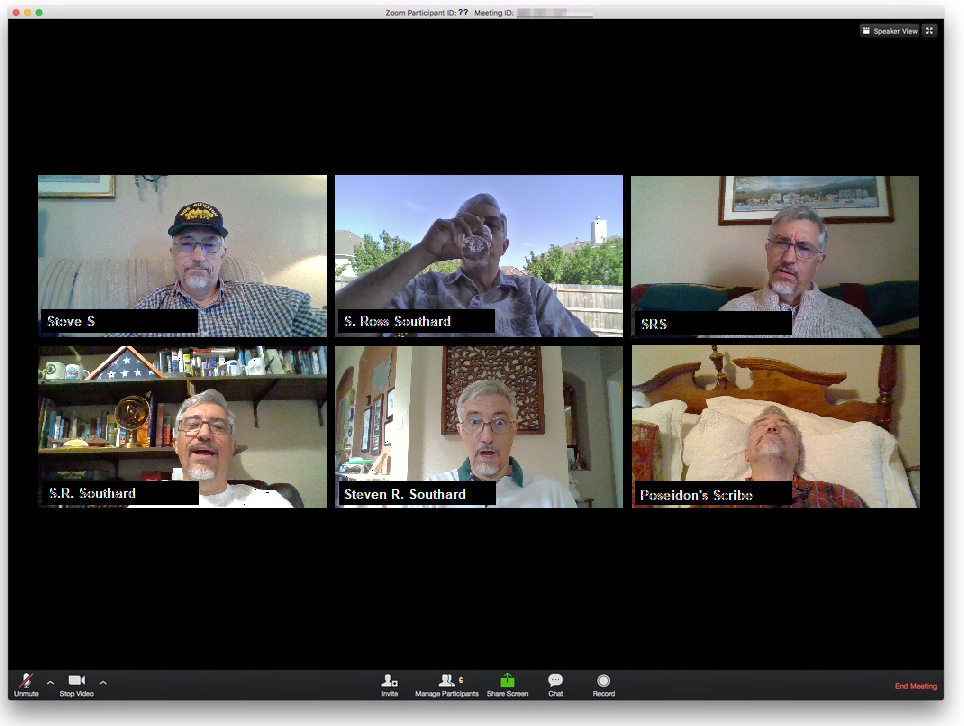When we watch magicians perform, we’re smart enough to know there’s no real magic involved. We know there’s a perfectly logical trick. In fact, we’re sure if that magician would only reveal the trick to us, we could do the act too. Magicians guard each trick with great care so that knowledge of how they do it doesn’t spoil the show.
Think it’s the same with writing? What if we could beseech a great author to teach us his tricks, reveal the secrets she’s been concealing? “Make me a best-selling author, too,” we’d say, “I don’t care if it takes all day!”
I’m not a best-selling author (yet), so for all I know they are withholding the secrets from us, hoarding their tricks and special knowledge, unwilling to spill the beans and open themselves up to a little more competition.
If those no-good, stuck-up top shelf authors really are keeping secrets from us, then they’re not only guilty of that, but of lying as well. Writer after writer has claimed there are no secrets, other than hours and hours of practice. Writers as diverse as Isaac Asimov, Janet Evanovich, Stephen King, and Tom Clancy all say there are no shortcuts, no simple tricks, and no keyboard sleight-of-hand moves that will make you a great writer. W. Somerset Maugham said, “there are three rules for writing the novel. Unfortunately, no one knows what they are.” Apparently the number of rules is three, though, so that’s progress.
In his book Outliers: The Story of Success, Malcolm Gladwell claims the secret to genius-level greatness in any field is a combination of luck and a lot of time spent practicing. How much time? Gladwell says around ten thousand hours. Yes, ten thousand. That’s a lot more than the solid afternoon we were hoping to devote to it. More like fourteen months, continuously, without sleeping. If all you can spare is two hours a day for your writing, then you’ll need nearly fourteen years to achieve greatness.
At this point, you may be yearning for some easier path. What about writing courses, writing conferences, workshops, how-to books, critique groups, and the online versions of these? I’ll give my perspective, having tried many of them. I think all of these aids have value, some more than others. In particular, I believe critique groups have been the most beneficial for me. However, it’s important to embark on each one with the right attitude, the correct level of expectation.
If you pay for a conference, a how-to book, etc. thinking you’ll emerge out the other end as a pro market author, I suggest you ratchet down your hopes a few settings. Each of these venues is fine to partake on an occasional basis to learn different viewpoints, refresh knowledge you might have forgotten, etc. But make you a superstar author? Doubtful. Not impossible, just improbable.
There are expenses involved with each of the venues, too. On the other hand, the long hours of lonely practice are nearly free, except for the amount of time spent. I urge you not to fall into the trap of thinking that just because the last writing course (or workshop, etc.) you took didn’t result in instant success, surely the next one will. Now that I think of it, I’ve never heard of a Great Author attributing his or her achievements to a how-to book or a conference, or any of those things. Many of them do talk about reading a lot, especially reading the classics. But they all say there is no substitute for writing, writing all the time, writing constantly.
So maybe one day some successful author will take you down a winding staircase into a hidden hideaway, enter the little-known combination into the locks, swing wide the series of creaking vault doors, and open the chest containing the secrets to easy writing greatness. If you know those secrets, e-mail me here. Until that day, I suggest practice. But what do I know? I’m just…
Poseidon’s Scribe






